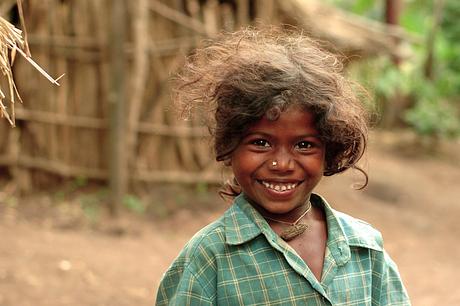Success: Soliga tribe's forest rights upheld in court
June 19, 2013

This page was last updated in 2013 and may contain language which is now outdated.
A village belonging to the Soliga tribe in southern India has won an important court victory after its entire stock of honey – its key source of livelihood – was seized by local forestry officials in May. The community, with the support of local organizations, took the matter to court – and won.
A Soliga man told Survival, ‘In my village, Hosapodu, we are very happy that we can continue with our work’.
The confiscation of honey was in direct violation of the 2006 Indian Forest Rights Act, which recognizes the rights of India’s tribal peoples, such as the Soliga, to live in and from their forests, and protect and manage their land.
Tribal peoples like the Soliga have been living with and protecting the wildlife in their forests for countless generations. However many forestry officials still believe that forest and tiger conservation requires the removal of all people from the forests. These prejudices often make foresters unwilling to respect tribal rights – especially the right to make a livelihood from the forest. The recent court victory exposes this injustice and the necessity for the rights of India’s tribes to be respected.
The Soliga tribe of Karnataka made history in 2011 when their rights to their forests were recognized, even though they lie inside a tiger reserve. The community has been caring for the forest and harvesting its produce – including honey – for countless generations. After their rights were recognized one village established a collective to get a fair price for their honey.
More Soliga villages are awaiting the recognition of their forest rights and local organizations Keystone, Atree and the Soliga Abhivriddhi Sangha (Soliga Peoples’ Collective) are supporting them in the process.
Despite severe constraints from forestry officials, the Soliga remain determined to manage, harvest and protect their forests sustainably for current and future generations.


